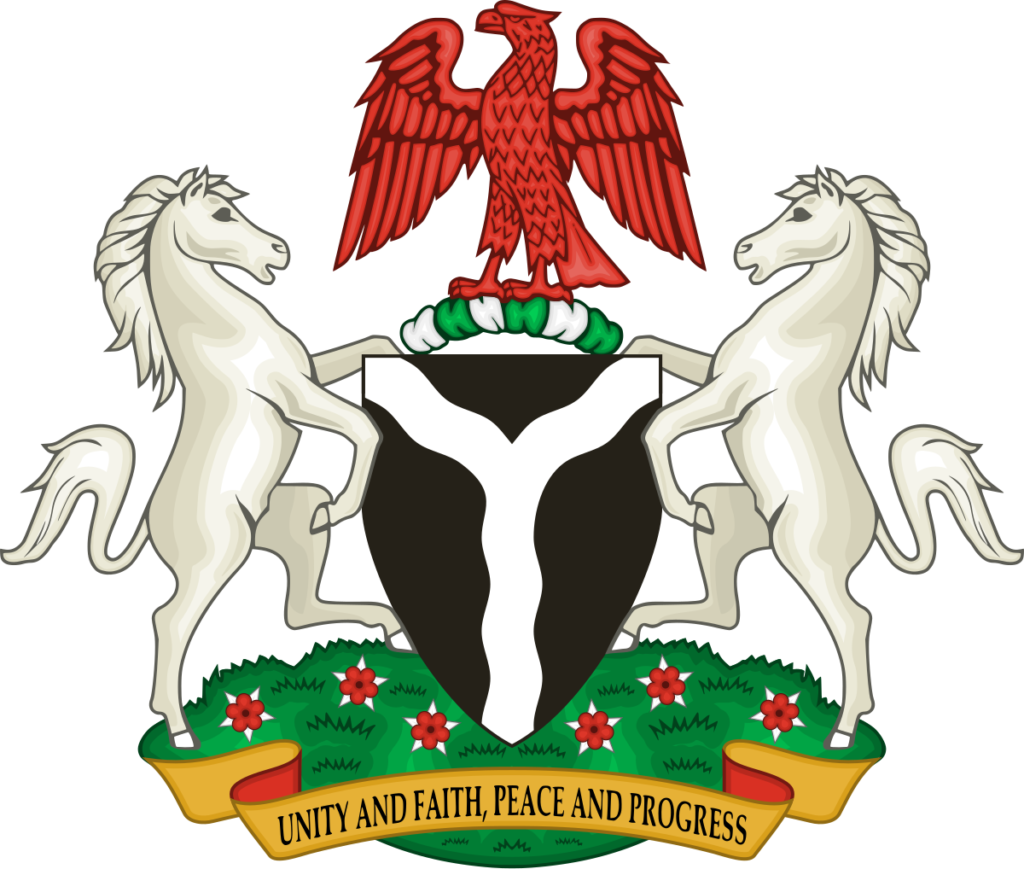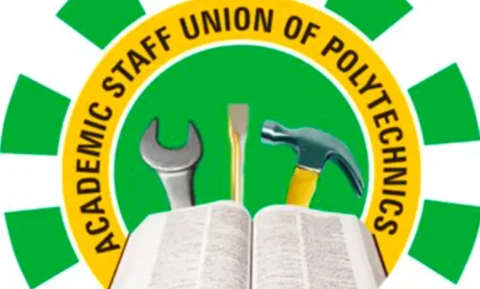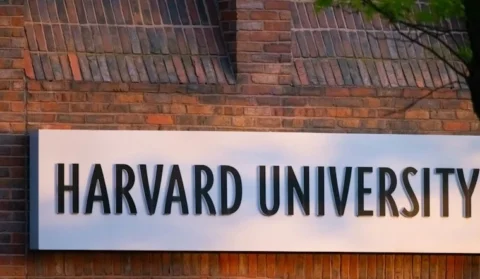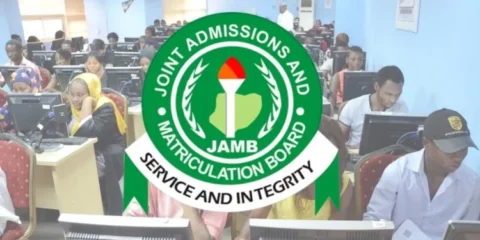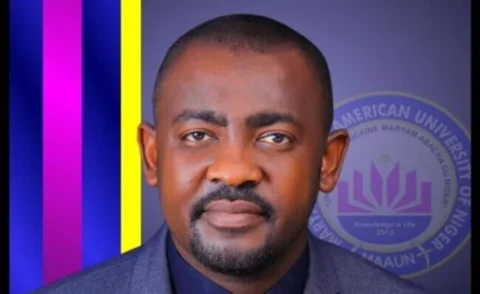In a bold move to tackle Nigeria’s literacy crisis, the Federal Government has launched the Accelerated Basic Education (ABE) programme to provide learning opportunities for 80 million non-literate young people and adults across the country. The programme is aimed at those currently beyond the reach of formal education, especially in underserved and hard-to-reach communities, and will be implemented across all six geopolitical zones.
Minister of State for Education, Professor Suwaiba Ahmad, disclosed this during a one-day National Stakeholders Engagement Meeting on Youth and Adult Literacy through ABE, held in Abuja. Represented by her Special Assistant Technical, Dr. Claris Ujam, the Minister explained that the ABE programme is designed to deliver high-quality, flexible, and impactful literacy solutions that meet learners wherever they are, without compromising standards.
She cited the 2022 National Bureau of Statistics report which revealed that nearly 80 million Nigerians — about 31% of the country’s estimated 250 million population — are non-literate. The Minister described this as a silent crisis that stifles individual growth and impedes national progress, stressing that the ABE programme was created to address the issue aggressively.
According to her, the administration of President Bola Ahmed Tinubu is committed to creating pathways of hope and opportunity for all Nigerians, regardless of age, background, or location. She described the ABE programme as more than a government initiative—it is a national movement that seeks to eliminate barriers to education and bring learning to the doorstep of every Nigerian.
She called on civil society organisations and development partners to join hands with the government by supporting grassroots initiatives, designing innovative learning methods, and helping expand access to literacy in every community. She also assured stakeholders of the Ministry’s commitment to providing strong policies, adequate funding, and transparent accountability mechanisms.
The Minister highlighted the transformative power of literacy, noting that every adult who learns to read becomes a more informed citizen, and every youth who gains access to education becomes a catalyst for change. She urged participants to leave the meeting not just with ideas, but with practical partnerships and renewed energy to make literacy a universal reality in Nigeria.
Dr. John Edeh, the Coordinator of the workshop and Director of Literacy and Development at the National Commission for Mass Literacy, Adult and Non-Formal Education, described the stakeholder meeting as a strategic point for reflection, collaboration, and decisive action. He said the programme was necessary because millions of Nigerian youths are still excluded from formal education due to poverty, displacement, early school leaving, and other socio-economic challenges.
Dr. Edeh emphasised that the Adult and Non-Formal Education sector has a unique role to play in addressing these gaps by offering flexible, community-based, and learner-focused education. This includes foundational literacy, life skills, vocational training, digital education, and civic engagement. He stressed that the goal is not remedial education but transformative education that equips individuals to reach their full potential.
He reaffirmed the Federal Ministry of Education’s commitment to expanding access, improving quality, and strengthening the institutional capacity of adult and non-formal education systems in line with the National Policy on Education, the Ministerial Strategic Plan, and Sustainable Development Goal 4 (SDG 4), which aims to ensure inclusive and equitable quality education and lifelong learning for all.
Dr. Edeh outlined the Commission’s priorities, which include mobilising funds for literacy programmes, building partnerships with states and civil society, enhancing data monitoring and planning, promoting youth-friendly learning models, and integrating digital innovation into non-formal learning environments. He urged stakeholders — from community leaders to donors and youth advocates — to work together to build a safe, inclusive, and gender-sensitive education system that empowers youths not only as learners but also as co-creators of change.

